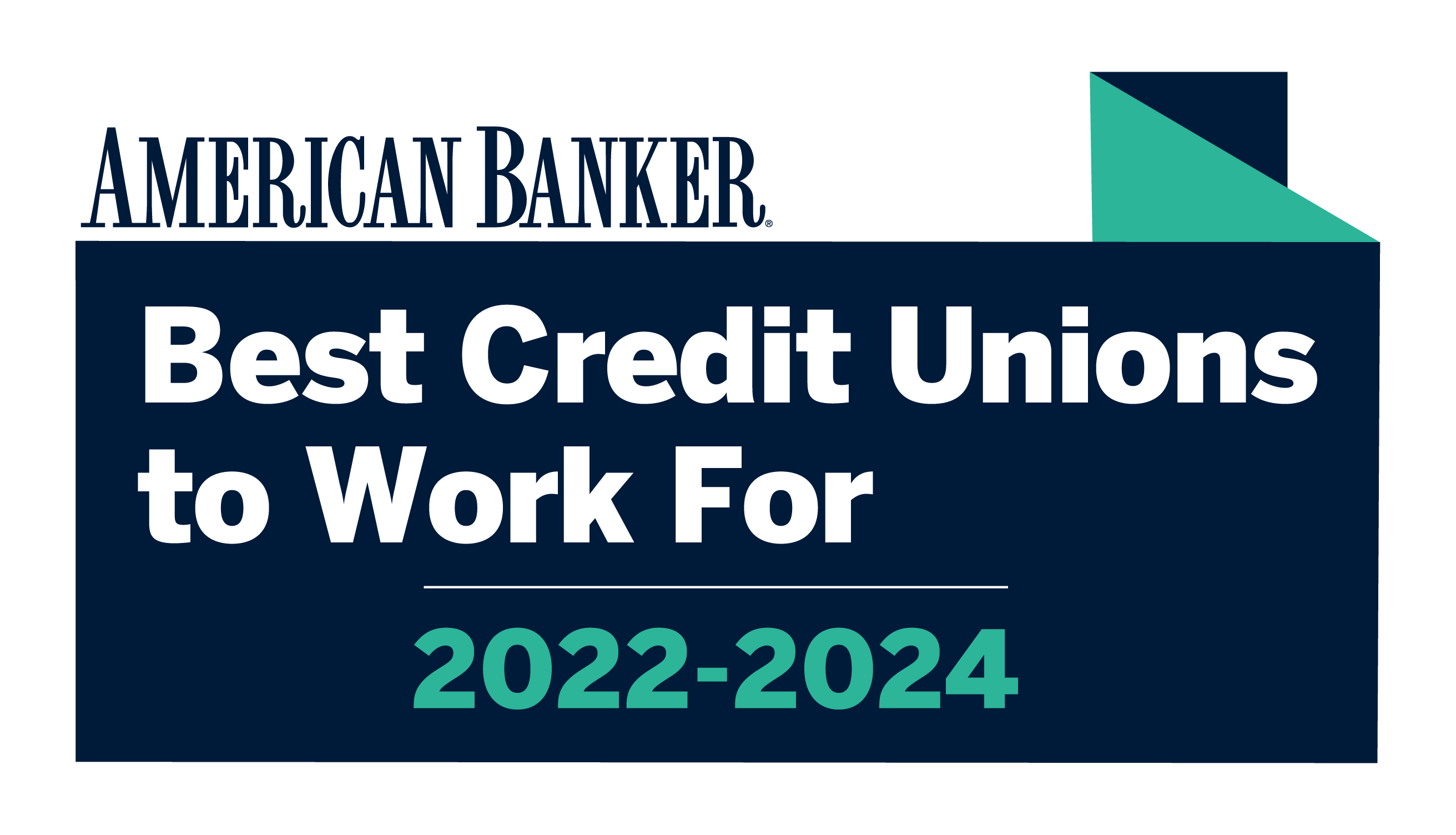
Equifax, Experian and TransUnion are extending the policy
You’ll now be able to pull your credit reports once a week, for free, through the end of 2023! The free service was enacted in the early days of the pandemic to help alleviate financial hardship caused by the crisis. Previously, Americans were limited to one free credit report per agency per year. Beyond that, they had to pay. Credit reports can cost up to $13.50, so having free access to them was helpful for consumers who pull them frequently in order to stay on top of their finances. Though the free weekly credit reports policy was initially to end in April 2021, that deadline has been pushed back repeatedly.
This time, the three bureaus are pointing to inflation as the reason for the extension. Prices are, on average, more than 8% higher than they were a year ago, and that surge has made everyday life significantly less affordable for millions of people.
CEO’s at Equifax, Experian and TransUnion explained in a joint statement that the extension is due to the rising cost of living in the wake of COVID-19 has created economic consequences felt by many Americans. They recognize that credit reports play an important role in financial health, by providing weekly reports for consumers at no charge, as another way to support financial education and stability for people during a critical time.
Why Does Access to Your Report Matter?
Credit reports impact financial opportunities. These reports don’t show a credit score, but provide a history of your financial activities, including payment history and balances for credit cards, mortgages and loans. The information in your credit report can dictate whether you’re approved for loans and credit cards, how much you pay to borrow money, your car insurance premiums, your ability to find an apartment, whether you qualify for certain jobs and more.
Get Your Free Credit Score with My Credit Rx
A credit score (which can range from 300 to 850) is like a report card that stays with us throughout our lives and reflects how we handle money. The three-digit number is typically defined by the amount of debt you owe if your bills are paid on time, the number of credit cards you have (and how long you have had them), and if you have filed for bankruptcy in the last 10 years, among other factors.
The three major consumer credit reporting companies, Experian, Equifax and TransUnion, collect information about you from financial institutions, your credit card issuers and public records that are then used to determine your credit score. One commonly used score is the VantageScore® — which is the one you get through My Credit Rx inside online banking — that’s based on a scoring model developed in 2006 by the three bureaus mentioned above.
Make sure to check in on your credit score and reports frequently to quickly address any potential errors that could be dragging down your scores. NIHFCU members can now do this with free access to their score and more through My Credit Rx, inside online banking or our mobile app.
Resources:
Consumer Reports
Money.com



